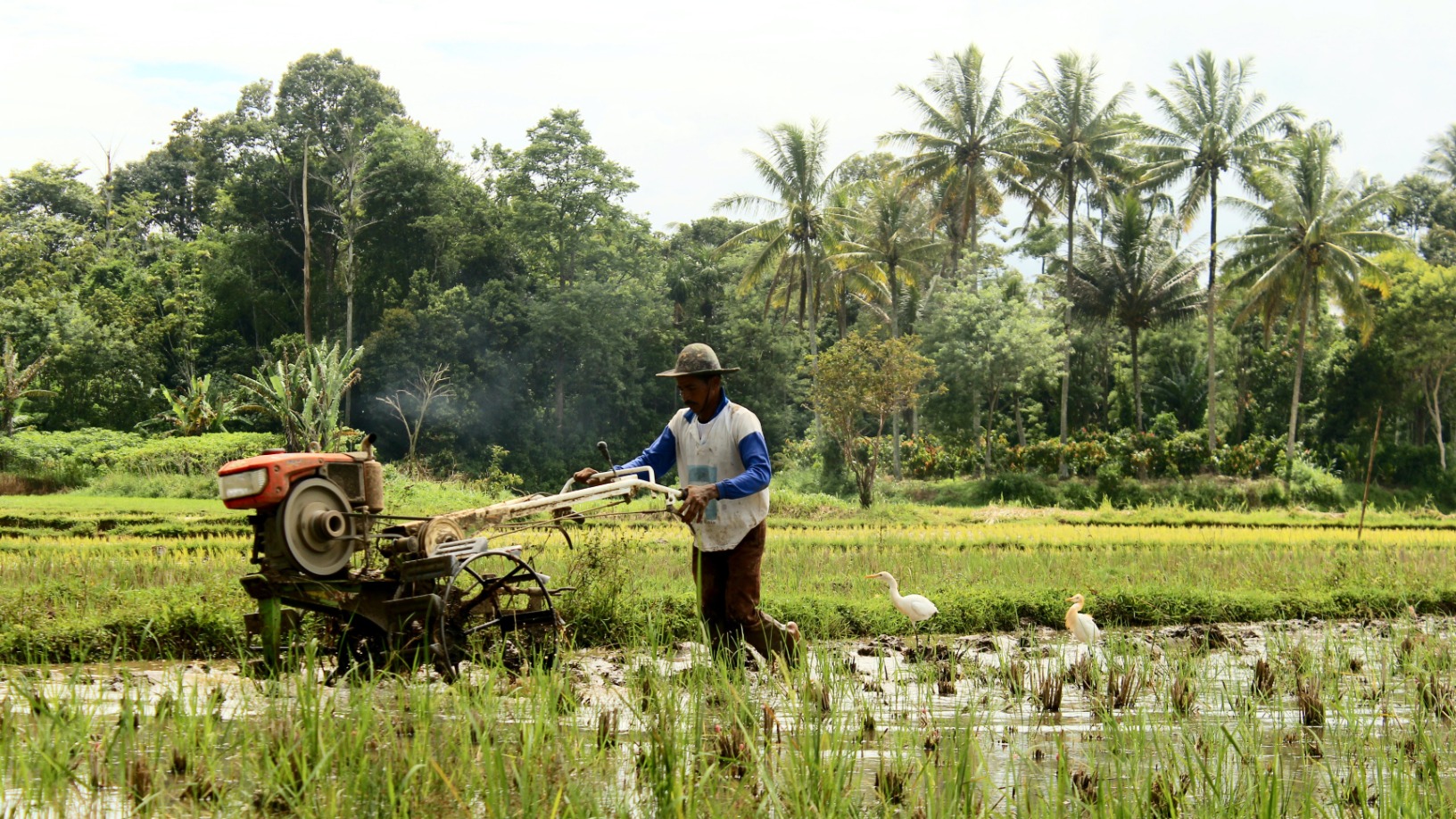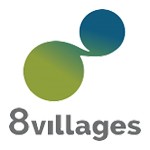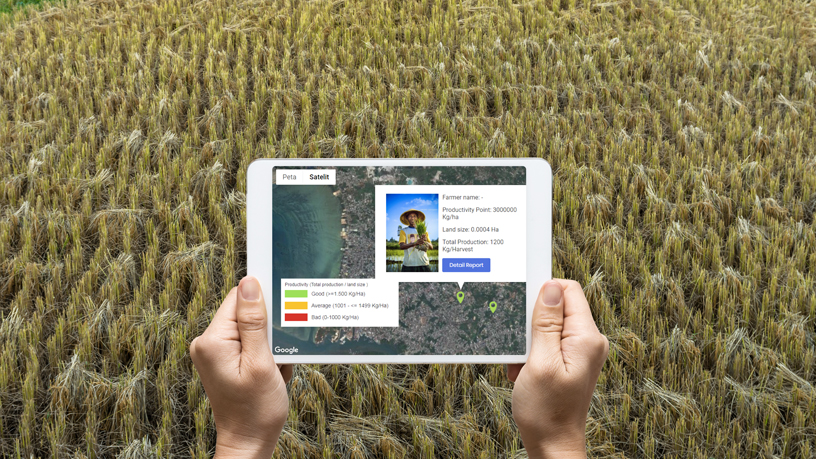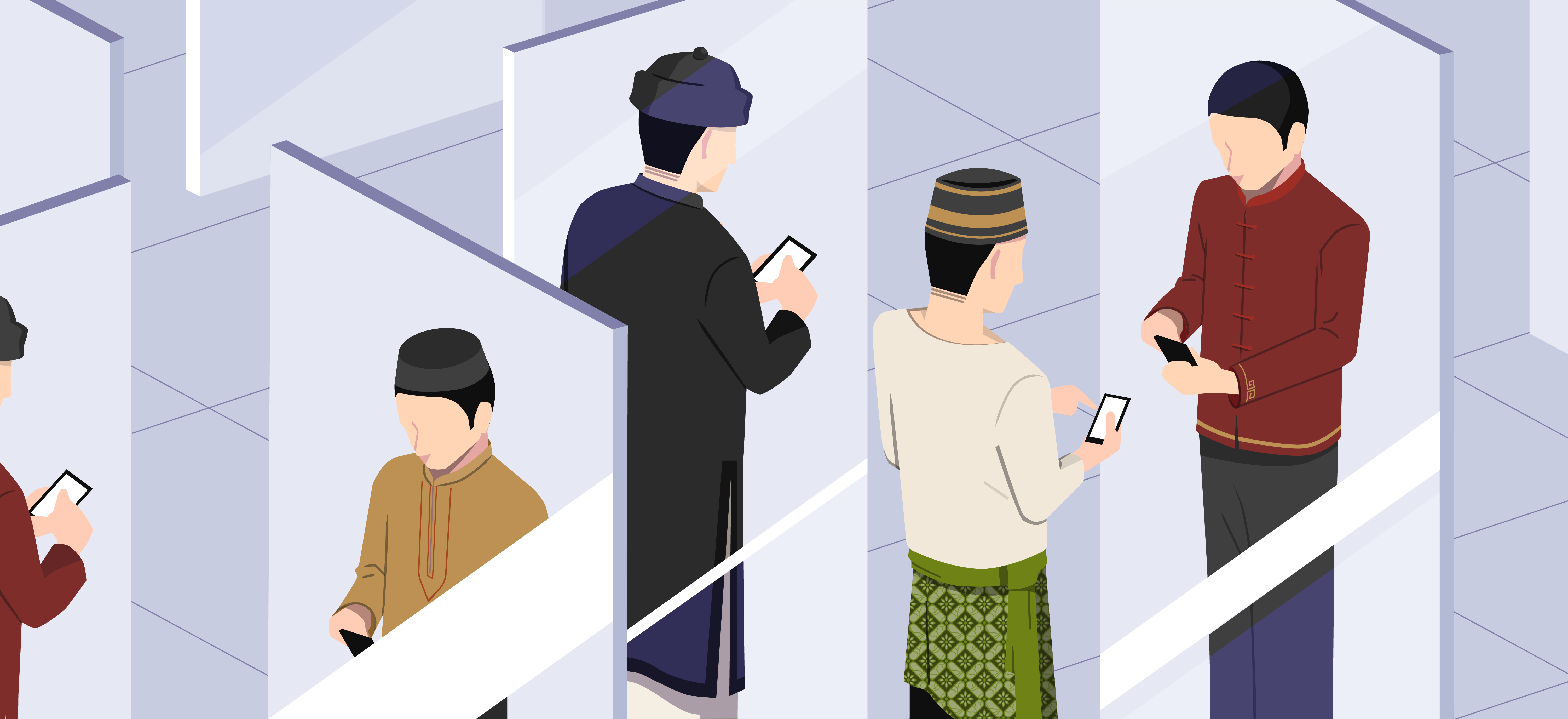When the Covid-19 lockdowns were at their strictest in Indonesia and local markets were closed, agri e-commerce platforms selling vegetables and other produce directly sourced from farmers enjoyed a boost in orders. But the boom did not last, at least not for 8villages, one of the pioneers in the sector.
CEO and founder Sanny Gaddafi said the B2C side of its e-commerce arm, RegoPantes, has been put on hiatus after facing low demand. “It turns out that people have not changed [their buying behaviors]. They’d still go to the markets and malls even if they were in the 'red zones' [of Covid-19 infection]," he told CompassList in an online interview.
While RegoPantes saw a threefold increase in orders in the early months of the pandemic, it found that the predicted change in customer behavior – that people would be more open to buying groceries online and care more about the source of their food – did not happen.
Struggling to survive with the decreased revenue, 8villages had to shelve not only its B2C business but also other non-essential business verticals that are “not directly related to farming.” The company also had to reduce various expenses, including headcount, Gaddafi admitted. Only half of the team are still with the company.
RegoPantes’ sales to B2B clients are beginning to recover, however, as hotels and restaurants reopen and adapt to pandemic conditions by offering food delivery. 8villages is also in talks with other potential B2B clients, including “former competitors,” to sell their vegetables and get revenue from B2B2C activities.
From B2C to B2B2C
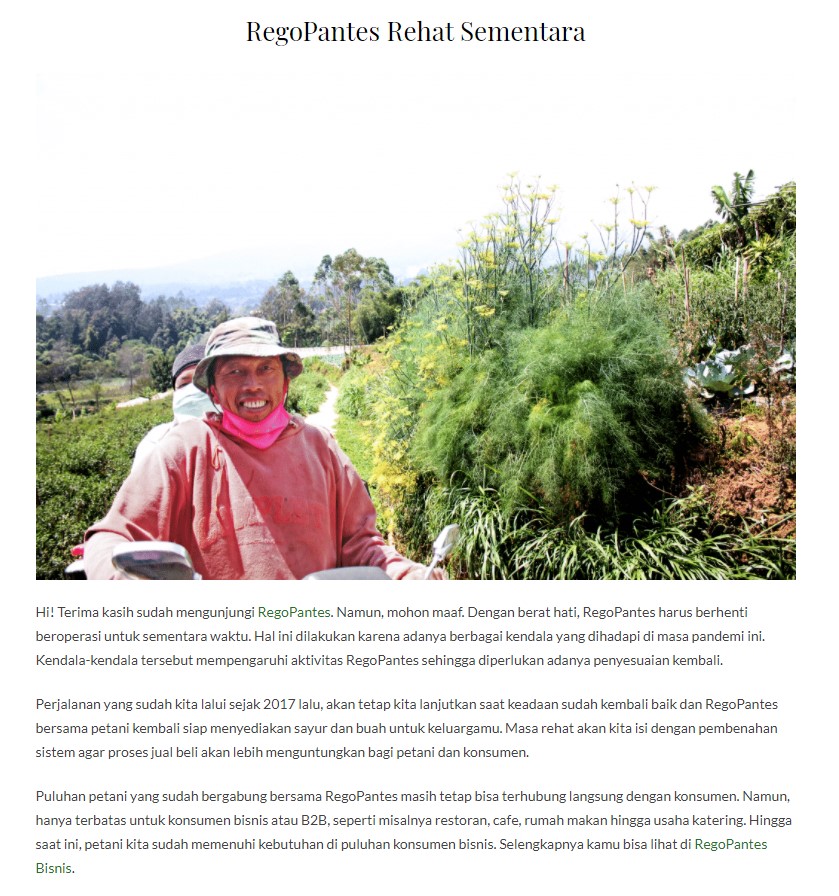
On the B2C side, Gaddafi said that putting RegoPantes on hiatus meant the company was able to reduce significant expenses on servers. “B2C activities were also quite costly in terms of logistics, packaging, and manpower. So our B2C branch is on hold because it's very cost-intensive,” he added.
Farmers supplying vegetables to 8villages have still been able to work as normal, just with enhanced hygiene protocols at the warehouses and packing centers. For clients who prefer getting their groceries from Covid-19 safe zones, 8villages pinpoints the farmers they can buy from.
The farmers, Gaddafi said, can continue working as usual because they are not too tightly linked to 8villages; nor do they completely rely on 8villages for support.
“We don't think of farmers as planting machines. We empower them to be more aware of matters such as post-harvest processing, value-add, packaging and logistics. Some of our supplying farmers are actually ready to be involved in logistics activities.”
Besides selling to B2B clients, 8villages is exploring the possibility of selling produce to competing services such as Sayurbox and TaniHub in order to boost revenue – as long as the price is right for the farmers.
Talks are still underway to determine the right pricing and other arrangements. "If we can hopefully earn commission from the transaction, this could be the way to go. We'll see; we're still studying the opportunities," said Gaddafi.
Reducing business verticals
8villages began in 2012 as an information network that distributed various farming tips and information via SMS. As smartphones became more widespread and broadband connections reached rural areas, it developed an Android app for farmers and fishermen with added social networking and image-sharing functions.
In recent years, 8villages has also tried to expand its business into the lucrative e-commerce sector through RegoPantes, which had pilot tests and collaborations involving local governments. It even developed its own logistics platform called VLOGS and a SaaS field-data collection platform named DataHub.
Gaddafi said these verticals would be shelved as 8villages focuses on saving costs and finding new ways to earn revenue. As a result, the company has reduced headcount in product development and operations divisions.
“We saw that there were many things we had not been careful with and aware of in terms of costs and spending,” Gaddafi admitted. “At the time [before Covid-19], we had enough daily revenue to go on, but when we looked at our spending in detail, there were many things that we could have optimized. We’ve become more cautious about our conditions.”
8villages is also cutting back on community outreach programs, “especially for things that are a bit outside of our farming focus such as the SaaS component." However, the company is still open to running sponsored community outreach activities. It is currently working with the Asian Development Bank and the Ministry of National Development Planning to replicate the 8villages community development and information sharing system in new markets.
Future in community outreach
Despite the bind 8villages has found itself in, Gaddafi is still confident in the 8villages model of social networking and community outreach working out. Both agribusinesses and government agencies are still having difficulty reaching out to farmers directly and this is where Gaddafi believes 8villages can provide value.
“On the community engagement front, there are good opportunities for development, because there's a lot of awareness of edtech and other related technologies," Gaddafi said. "For the agriculture and empowerment side, there are many government programs pushing for technology adoption among farmers so we want to ride that momentum and not let up.”
Asked about the possibility of raising new funding, Gaddafi said that the company was open to new investments and that there were “interested parties.” If 8Villages received new funding, Gaddafi would prefer to work with impact-focused investors who can provide support in empowering farmers.
However, Gaddafi prefers to focus on improving the business before trying to find new funding. He also said that he does not want to treat an incoming investment as “rescue” money, as it would be unfair to the investors.
“We want to get a stable business model first. We hope that when the funding does come in, we can run the business and use the funds in a more responsible manner.”
